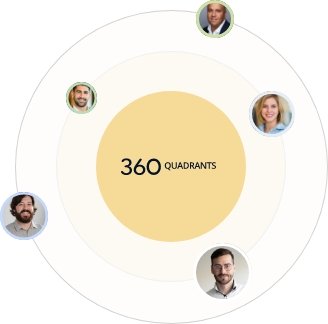Terminal management system is a software-based solution used to facilitate, monitor, and control the distribution of fuel products at bulk terminals. Fuel products stored and delivered via terminal management systems include, motor spirit, diesel, aviation turbine fuel, naphtha, superior kerosene oil, furnace oil, liquefied petroleum gas, chemicals, biofuels (edible oil), and water and waste water. The software not only manages critical issues—such as complexity in handling multiple products and regulatory requirements—faced by bulk liquid terminals but also helps improve safety and productivity. ___________ 1. Micro markets are defined as the further segments and subsegments of the global terminal management system market. 2. Core competencies of the companies are defined in terms of their key developments, strength and weakness analysis, and key strategies adopted by them to sustain their position in the market.



